What is a Heat Pump & How Does It Work?

You’ve probably heard the term ‘heat pump’ before, but what does it mean? What does a heat pump
do, and why should you consider the use of one in your Maryland or Pennsylvania home? With this article, we are going to walk through the basics of a heat pump to provide you with a better understanding of this potentially confusing topic.
What is a Heat Pump?
Sometimes, you can look to the name of an item to figure out precisely what it does. That is pretty much the case here, as a heat pump is a unit which pumps heat from one location to another. It uses a relatively low amount of energy to do so, which is why heat pumps are such an attractive option in a wide range of situations. Whether you are trying to heat or cool your home, a heat pump can move the warmer air from one location into the other. So, if it is warm outside and cool inside, your heat pump can bring some of that warm air into the house. On the other hand, if you are dealing with hot weather and a warm house, the heat pump can help supply you with cooler air.
The Basics
A deep, technical discussion of how a heat pump works is too complex for the purposes of this article. However, we can highlight the basics of how this impressive machine operates. Basically, the heat pump is going to use a small amount of energy to alter the temperature of the air being moved to the proper level. Then, that air is delivered to its destination, and the temperature of the air is gradually changed. Thanks to the reduction in energy used as compared to other options, you should find that your heat pump produces fewer harmful emissions than your other home-heating options.
A Steady, Subtle Approach
When using a furnace to heat a home, that furnace is typically going to run for only short segments throughout the day and night. It will push out a blast of rather warm air, and then it will wait to do it again when the temperature in the house falls below a certain threshold. This is not the same way a heat pump is going to work. Instead, a heat pump is going to be running quite regularly – in fact, you might think that it is always on. It will be moving moderately warmed air into your house, usually not as warm as the air that is produced by a furnace. So, instead of a sudden temperature change that may fluctuate throughout the day, a heat pump is likely to offer a steady, reliable temperature. When you combine the steady nature of its operation with the fact that you are likely to use much less energy than if you used a furnace, it is easy to see the appeal of this option. When used in the right application, a heat pump can be a great choice for your HVAC needs.
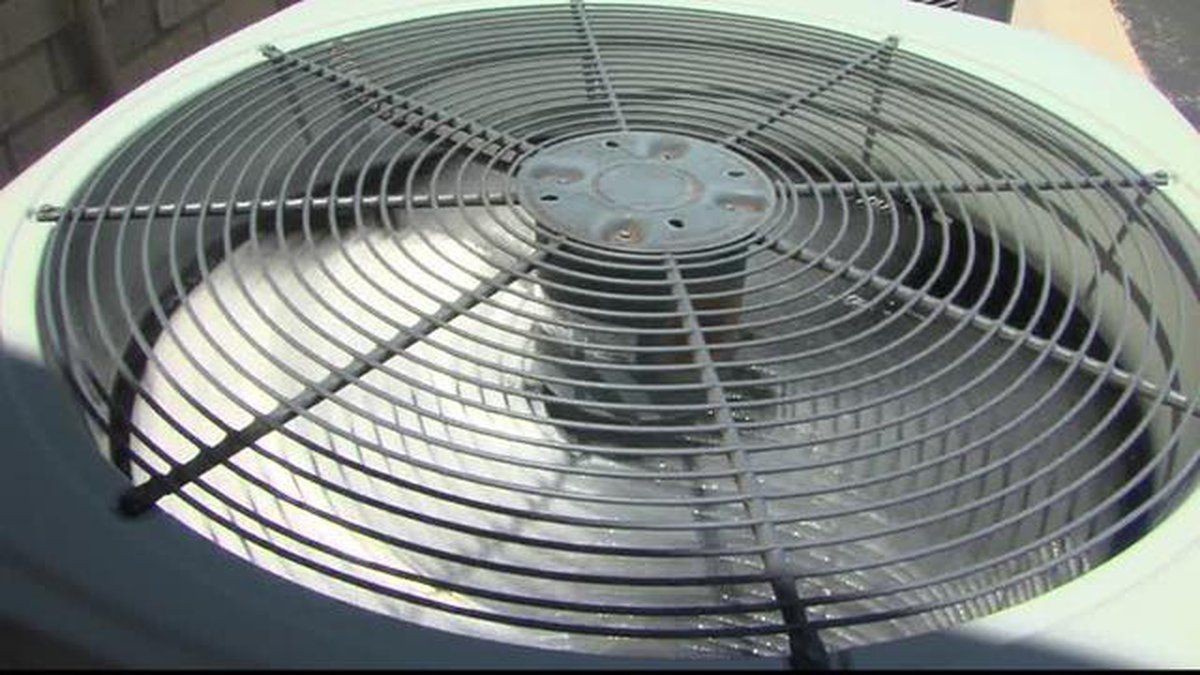

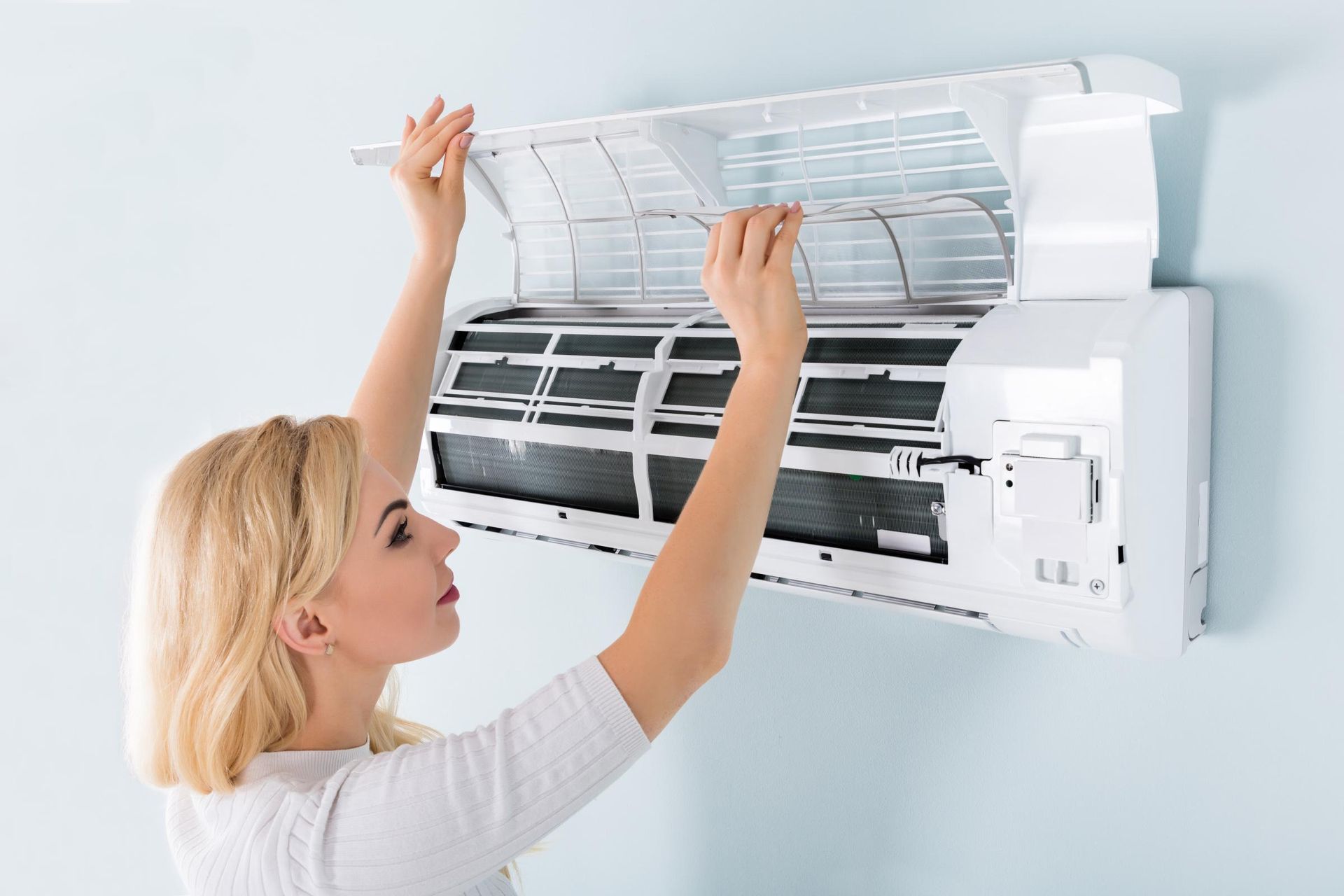
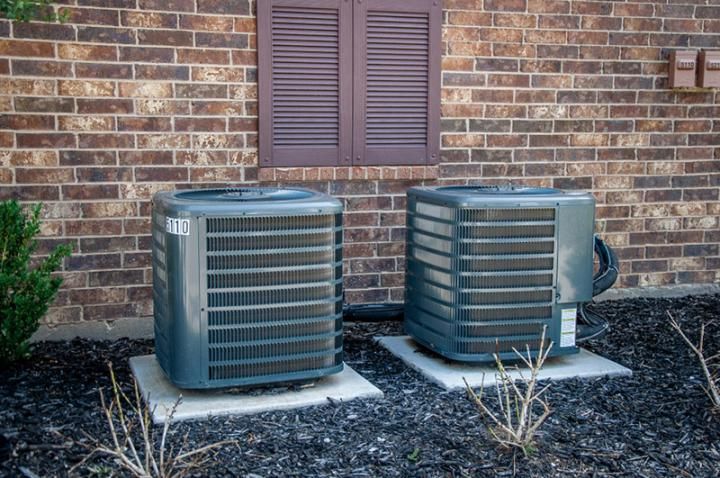

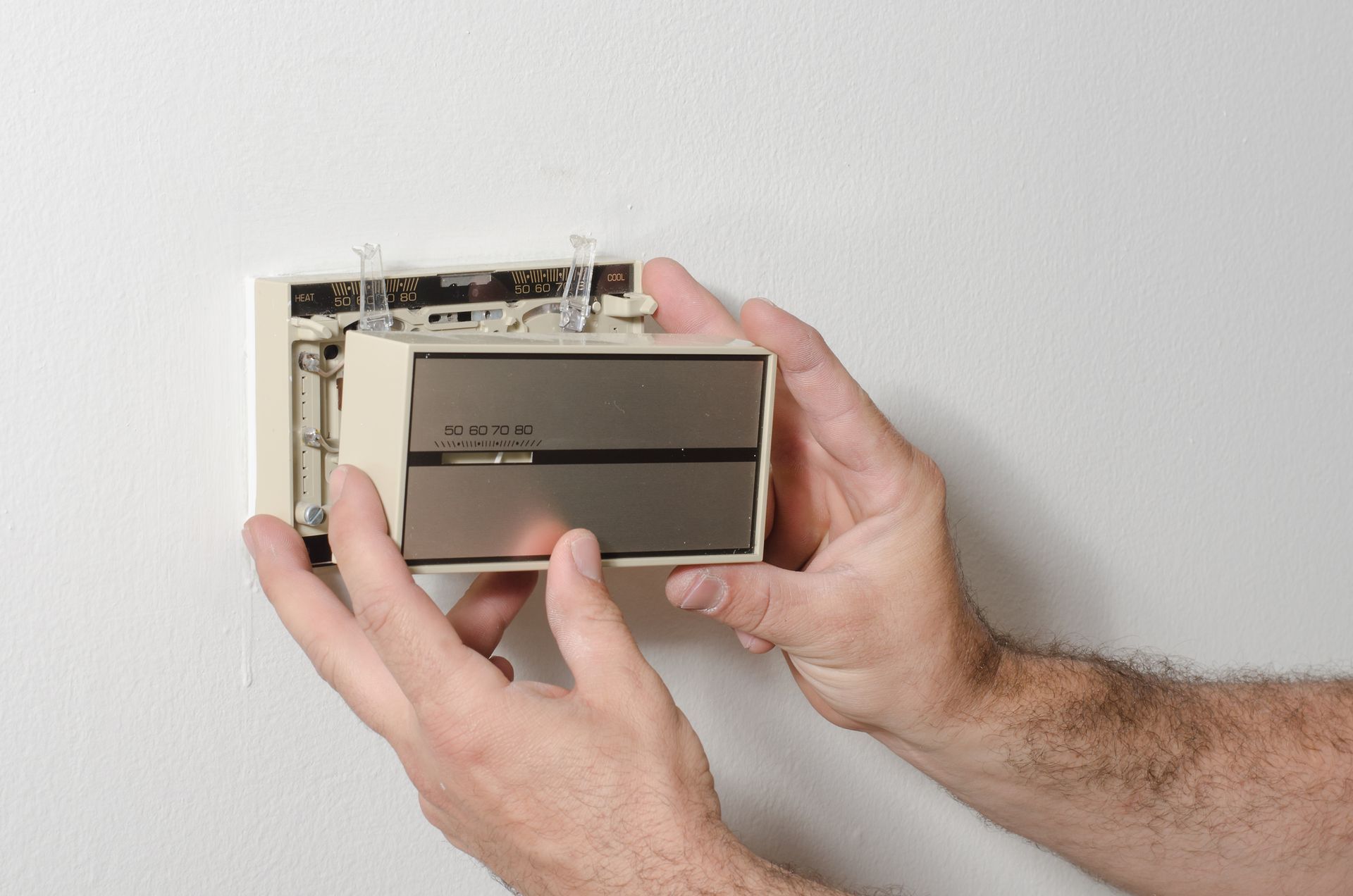

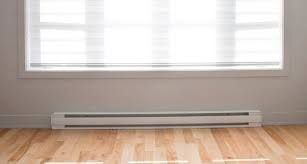
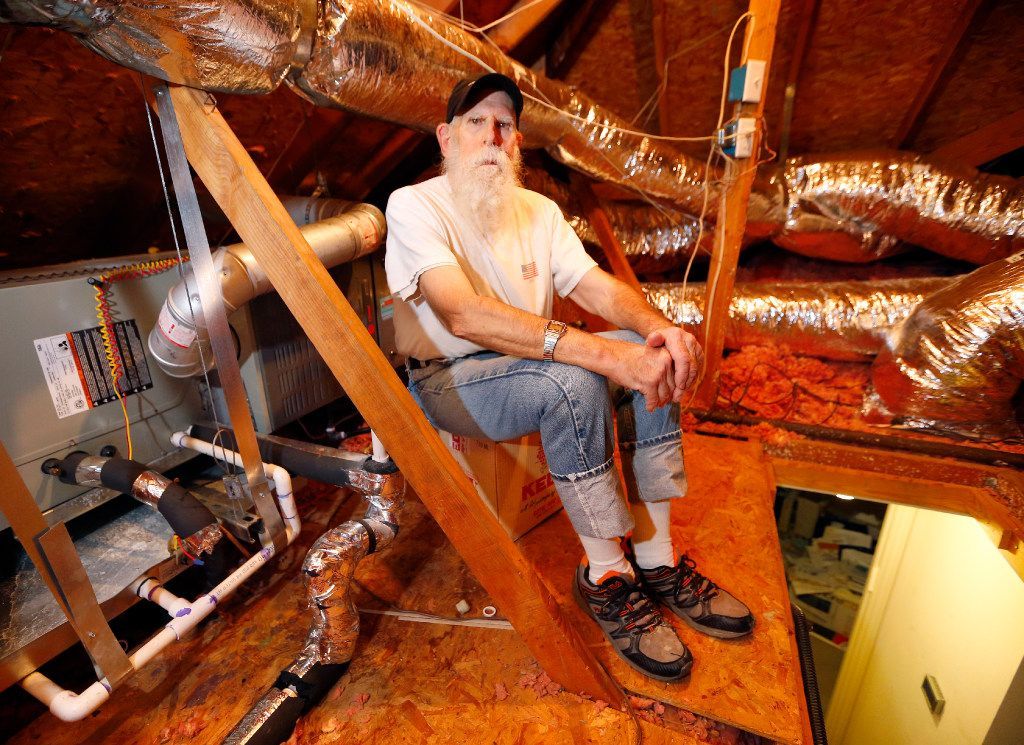

At 24/7 Local HVAC, we specialize in facilitating connections with top-tier HVAC professionals. Our focus is on bridging the gap between you and reputable HVAC companies operating within your local vicinity. It's important to emphasize that each of these HVAC entities functions independently and autonomously.
We firmly place the onus on every individual user to meticulously verify that any selected HVAC company aligns with the mandated licensing and insurance prerequisites stipulated by the governing authorities in their respective jurisdiction.
Furthermore, it's worth noting that our services may regrettably not cover all geographical areas. In instances where our services are available, the scope of offerings could potentially differ based on the composition of service providers present within that particular region.

